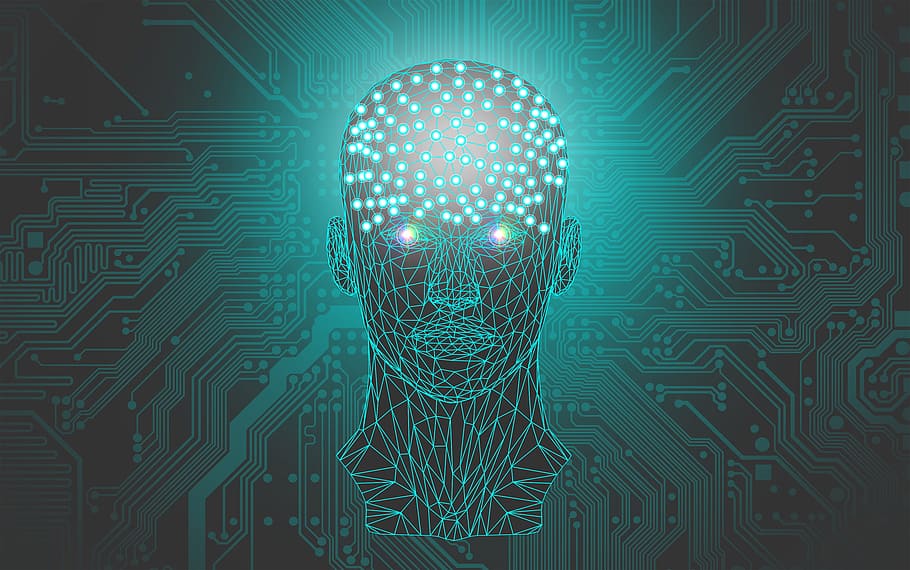
Artificial intelligence, often shortened to AI, has become a pervasive and transformative force in today’s world. From self-driving cars to virtual assistants, AI technology is revolutionizing industries and changing the way we live and work. With its ability to process data at speeds far beyond human capacity, AI has the potential to unlock new solutions to complex problems and drive innovation to unprecedented heights. As we stand on the cusp of the AI revolution, the possibilities seem endless, sparking both excitement and apprehension about what the future may hold.
History of AI
In the early years of AI research, the focus was on creating programs that could mimic human intelligence. Researchers worked on tasks such as problem-solving, logical reasoning, and pattern recognition. One of the earliest contributions to the field was Alan Turing’s proposal of the "Turing Test" in 1950, which aimed to assess a machine’s ability to exhibit intelligent behavior indistinguishable from that of a human.
The 1950s and 1960s saw significant advancements in AI, with the development of programs like the Logic Theorist and the General Problem Solver. These programs demonstrated the potential for machines to perform complex reasoning tasks. However, progress slowed in the 1970s due to limitations in computing power and the inability to overcome challenges in areas such as natural language processing.
The resurgence of AI in the 21st century has been fueled by advancements in deep learning, data availability, and computational resources. Breakthroughs in areas such as image and speech recognition have led to the integration of AI into everyday technologies. With continued research and innovation, the future of AI holds promise for further advancements in diverse fields ranging from healthcare to autonomous vehicles.
Current Applications
Artificial intelligence is revolutionizing various industries, with one prominent area being healthcare. AI algorithms can analyze large amounts of medical data to assist in disease diagnosis, treatment planning, and personalized medicine.
In the realm of transportation, AI is driving innovation through the development of self-driving cars. Companies like Tesla and Waymo are utilizing AI technology to enhance road safety and efficiency by enabling vehicles to make real-time decisions based on data from sensors and cameras.
Artificial Intelligence Search
Another key application of artificial intelligence is in customer service. Businesses are using AI-powered chatbots to provide instant support to customers, streamline interactions, and improve overall user experience. These virtual assistants can handle inquiries, process orders, and address issues efficiently around the clock.
Ethical Considerations
The advancement of artificial intelligence raises important ethical questions that must be carefully addressed. Ensuring transparency in AI development and usage is crucial to building trust among users and safeguarding against potential biases.
Another key ethical consideration is the responsibility of creators and developers to mitigate any negative impacts AI systems may have on society. It is essential to prioritize the well-being of individuals and communities, and proactively address any ethical dilemmas that may arise.
Additionally, the ethical implications of AI surveillance and privacy concerns cannot be overlooked. Striking a balance between harnessing the power of AI for societal benefit while upholding individual rights to privacy is a complex challenge that requires thoughtful deliberation and proactive measures.
